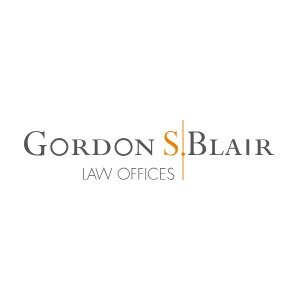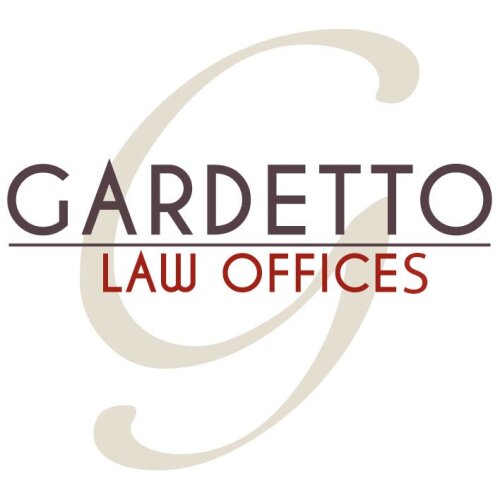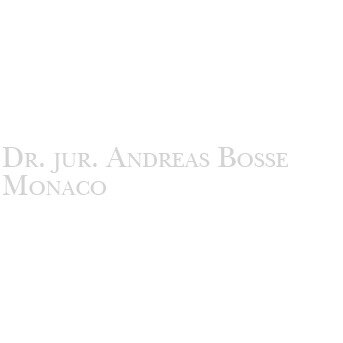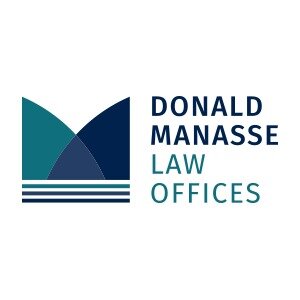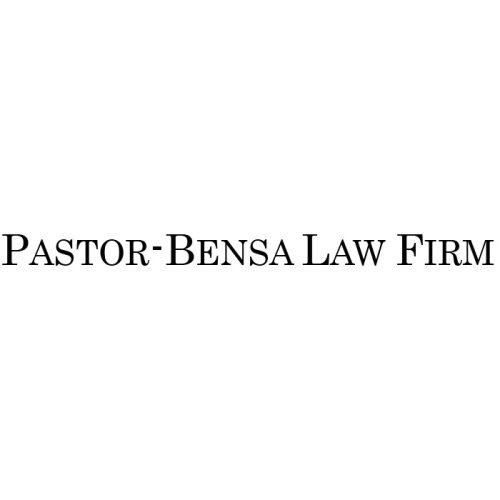Best Restructuring & Insolvency Lawyers in Monaco
Share your needs with us, get contacted by law firms.
Free. Takes 2 min.
List of the best lawyers in Monaco, Monaco
About Restructuring & Insolvency Law in Monaco, Monaco
Restructuring and insolvency law in Monaco governs the process by which individuals and companies experiencing financial distress can address their obligations and potentially restructure their debts. As a prominent financial hub, Monaco has developed a tailored legal framework that aims to balance the interests of creditors, debtors, and the broader economy. The law covers various procedures, including preventive settlement (sauvegarde), judicial liquidation, and bankruptcy, each designed to offer solutions depending on the severity of financial difficulties. Understanding these processes is crucial for anyone facing financial distress in Monaco.
Why You May Need a Lawyer
Restructuring and insolvency can be complex and stressful. There are several situations where consulting a lawyer experienced in Monaco's laws can be essential:
- You are a business owner facing cash flow problems and unsure about available legal protections.
- You want to negotiate with creditors to avoid formal insolvency proceedings.
- Your creditors are threatening legal action or have started recovery procedures.
- You are a creditor seeking to protect your rights and recover debts from an insolvent debtor.
- You are considering cross-border insolvency issues involving assets or creditors in Monaco.
- You need guidance on obligations relating to disclosure and cooperation during proceedings.
- You are an employee or contractual partner of an entity undergoing restructuring or liquidation.
- You wish to challenge or contest decisions in the course of insolvency processes.
An experienced lawyer can help you navigate the relevant legal steps, represent your interests in negotiations or court, and support you in finding the best possible outcome.
Local Laws Overview
Monaco's laws on restructuring and insolvency are primarily set out in the Monegasque Commercial Code and relevant judicial decrees. Key aspects include:
- Monaco distinguishes between civil and commercial insolvency, with specific rules for each.
- Legal procedures include preventive settlement (règlement amiable), aimed at avoiding bankruptcy through a court-approved agreement with creditors.
- Judicial liquidation (liquidation judiciaire) is applied when a business or individual is unable to pay debts and no rescue is possible.
- Simplified procedures may apply to small businesses.
- Insolvency often requires a court declaration and appointment of an official receiver to oversee the process.
- Insolvency proceedings affect the rights of all creditors and may stop ongoing enforcement measures against the debtor.
- Assets are liquidated in line with strict legal priorities, usually benefiting secured creditors before unsecured ones.
- There are obligations for honest disclosure and cooperation by the debtor, with severe consequences for concealment or fraud.
- Cross-border cases may require consideration of international agreements when assets or creditors are located outside Monaco.
Procedural nuances and strong judicial oversight mean that local legal expertise is critical for navigating Monaco's insolvency landscape.
Frequently Asked Questions
What are the main insolvency procedures in Monaco?
Monaco uses several procedures including preventive settlement, judicial liquidation, and bankruptcy. The choice depends on the debtor's financial situation and possibility of recovery.
When should a company or individual file for insolvency in Monaco?
Filing is usually required when debts can no longer be met as they fall due, and a preventive arrangement is not possible. Failing to file when insolvent can lead to personal liability for directors.
Can insolvency be avoided in Monaco?
Yes, through early intervention and negotiation with creditors, preventive settlements may be possible to avoid formal insolvency proceedings.
What rights do creditors have in insolvency proceedings?
Creditors have the right to file claims, participate in meetings, and be paid from the proceeds of asset liquidation according to statutory priority.
How are employees affected by insolvency in Monaco?
Employees generally have privileged status as creditors, with some employment claims paid ahead of others in the distribution of assets.
Are there any criminal aspects in insolvency cases?
Yes, fraudulent bankruptcy, concealment of assets, or providing false information can result in criminal prosecution and sanctions in Monaco.
Do insolvency laws apply to individuals as well as businesses?
Yes, insolvency procedures in Monaco can apply to both businesses and individuals, although the details of the process may differ.
What happens to ongoing lawsuits against an insolvent debtor?
Most legal actions to recover debts are suspended once insolvency is declared, pending the resolution of the insolvency process.
Can foreign creditors participate in Monaco insolvency proceedings?
Yes, foreign creditors can submit claims and participate in proceedings, subject to the rules and deadlines set by the Monaco court.
How long do insolvency proceedings typically take in Monaco?
The timeframe varies depending on the complexity of the case, number of creditors, and size of the debtor's estate. Some cases can take several months or even years.
Additional Resources
For individuals or businesses seeking information or assistance with restructuring and insolvency matters in Monaco, the following resources may be helpful:
- Monaco's Commercial Court (Tribunal de Première Instance)
- Direction de l’Expansion Économique - for business registration and regulatory assistance
- Ordre des Avocats de Monaco - the official bar association for qualified lawyers in Monaco
- Formal notices and guidance from the Government of Monaco on bankruptcy and liquidation procedures
- Chamber of Commerce of Monaco for business support and advice
Next Steps
If you are facing financial distress or foresee potential insolvency issues, it is important to act promptly. Consider taking the following steps:
- Gather all financial records and relevant legal documents.
- Seek an initial consultation with a lawyer experienced in restructuring and insolvency law in Monaco.
- Discuss your options for negotiation, preventive settlement, or formal insolvency procedures.
- Follow legal advice strictly, especially concerning disclosure duties and communication with creditors.
- Keep detailed records of all steps taken and communications with stakeholders.
- Engage with local authorities or professional bodies if required for additional support.
A proactive approach and early expert guidance are often key to achieving the best possible outcome in restructuring and insolvency cases within Monaco.
Lawzana helps you find the best lawyers and law firms in Monaco through a curated and pre-screened list of qualified legal professionals. Our platform offers rankings and detailed profiles of attorneys and law firms, allowing you to compare based on practice areas, including Restructuring & Insolvency, experience, and client feedback.
Each profile includes a description of the firm's areas of practice, client reviews, team members and partners, year of establishment, spoken languages, office locations, contact information, social media presence, and any published articles or resources. Most firms on our platform speak English and are experienced in both local and international legal matters.
Get a quote from top-rated law firms in Monaco, Monaco — quickly, securely, and without unnecessary hassle.
Disclaimer:
The information provided on this page is for general informational purposes only and does not constitute legal advice. While we strive to ensure the accuracy and relevance of the content, legal information may change over time, and interpretations of the law can vary. You should always consult with a qualified legal professional for advice specific to your situation.
We disclaim all liability for actions taken or not taken based on the content of this page. If you believe any information is incorrect or outdated, please contact us, and we will review and update it where appropriate.



